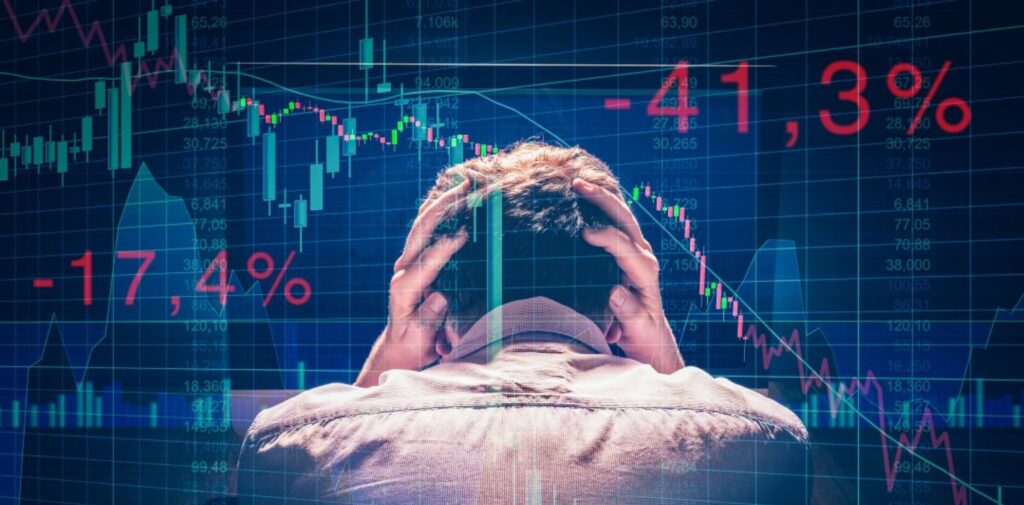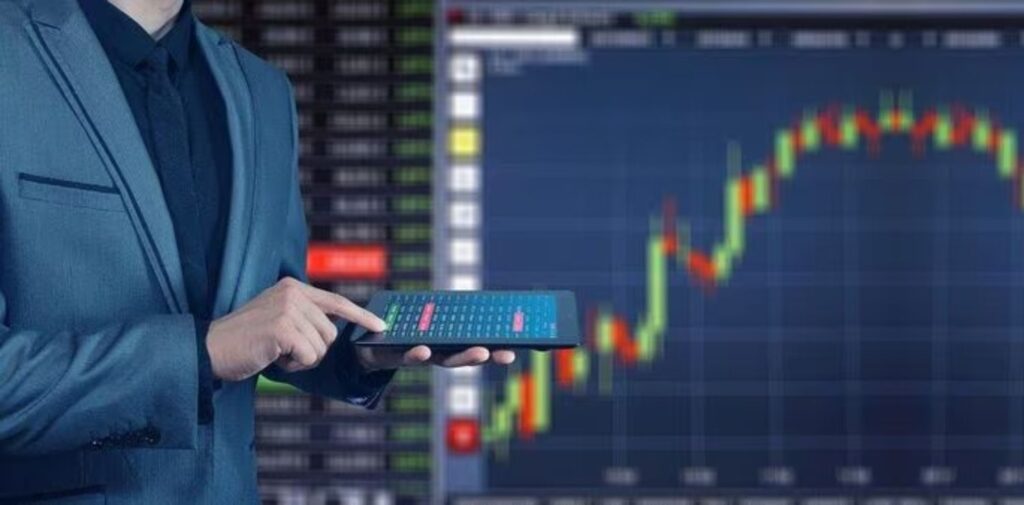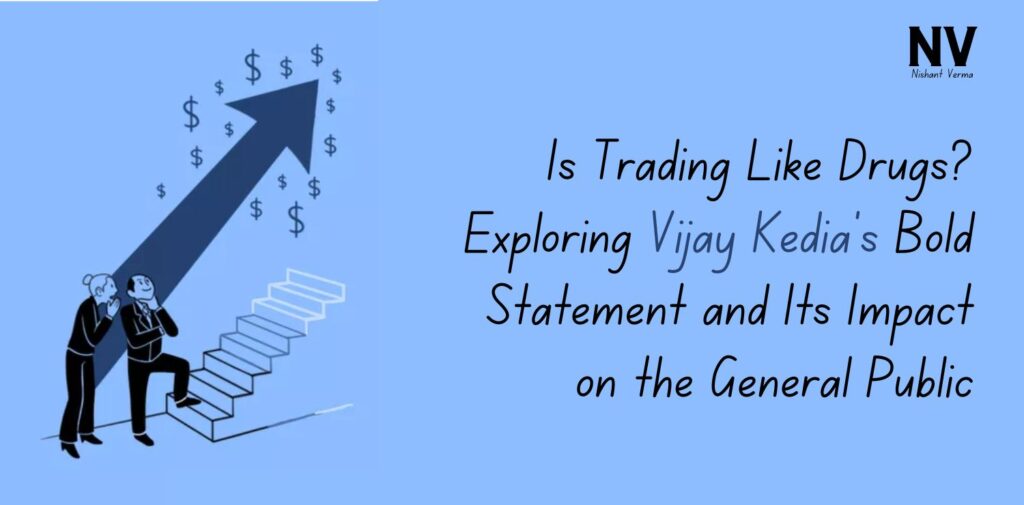Trading in financial markets has always been an attractive avenue for many to make money. However, investor Vijay Kedia’s statement comparing trading to drugs—saying that “you will sell your house to buy drugs and trade to recover your losses”—has sparked a conversation about the addictive nature of trading. But is trading really like drugs? Can it become such an uncontrollable addiction that people risk their financial security in the hope of recovering losses?
In this article, we’ll explore Kedia’s statement, look at the addictive tendencies that trading can bring out in people, and seek the opinions of the general public on whether trading can be compared to drugs.
What Does Vijay Kedia’s Statement Mean?
Vijay Kedia, a renowned Indian investor, likens trading to a dangerous drug addiction. His analogy refers to the behavior of traders who, after suffering losses, often become desperate to recover their money. This leads them to take even greater risks, much like an addict who continues to chase a high, even at the expense of their health or financial well-being.

Kedia’s comparison highlights how easy it is for individuals to get caught in a cycle of losses and reckless decisions. In the stock market, especially in day trading, where people try to buy and sell stocks in a short time frame to make quick profits, this pressure to recover losses can lead to financial ruin.
But does everyone feel this way about trading? Let’s dive deeper into the psychology of trading and why it can sometimes become addictive.
Is Trading Really Like an Addiction?
Trading in the stock market can be exciting and exhilarating. The potential to make large sums of money in a short period attracts millions of people. However, when things go wrong, and losses occur, many traders feel an overwhelming urge to recover those losses, leading them to trade more aggressively and take even bigger risks.
- The Rush of Winning: Like gambling, trading offers a psychological rush when someone makes a profitable trade. The thrill of winning can trigger dopamine, a chemical in the brain associated with pleasure. This feeling can become addictive, leading some traders to chase that rush again and again.
- Chasing Losses: One of the most dangerous aspects of trading is the desire to chase losses. After experiencing a financial setback, many traders try to recover by making riskier bets, hoping that one big win will offset their losses. This behavior is similar to how gambling addicts continue to place bets despite mounting losses.
- Emotional Rollercoaster: Trading can create a high-stress environment. The constant fluctuations in the stock market and the fear of missing out (FOMO) can push traders to make irrational decisions. This emotional volatility can be mentally exhausting, yet many traders find themselves unable to step away.
Why Do Some People Lose Control While Trading?
There are several reasons why some traders lose control and fall into a cycle of risky behavior:
Overconfidence: Many traders, especially those who experience early success, become overconfident in their abilities. They start to believe that they can beat the market and make continuous profits. This overconfidence often leads to poor decision-making and larger risks.
Lack of Knowledge: Some people jump into trading without fully understanding how the stock market works. They might rely on tips from others or act based on emotions rather than solid research. When losses occur, their lack of knowledge makes it difficult to recover in a sensible way.

Greed: The desire to make quick money can cloud judgment. Greed pushes people to take risks they normally wouldn’t, leading them down a dangerous path where they keep increasing their investments to make up for previous losses.
External Pressure: Social media and online trading communities often glorify big profits and encourage people to trade aggressively. Seeing others boast about their success can create peer pressure, pushing individuals to take unnecessary risks in the hope of achieving the same results.
The Dark Side of Trading: Financial Ruin
Trading, if done recklessly, can lead to financial ruin. Stories of individuals losing their entire savings, selling assets, or taking loans to fund their trading habits are not uncommon. The cycle of chasing losses can spiral out of control, leading to devastating consequences for both the trader and their family.
Just like addiction, a person caught in this cycle may feel trapped. They keep trading, hoping that the next trade will be the one that recovers their losses. But more often than not, this behavior only leads to deeper losses.
Can Trading Be Controlled?
While Kedia’s statement about trading being like drugs is extreme, it doesn’t mean that all trading is bad or dangerous. Trading can be done responsibly with proper risk management, knowledge, and discipline. Here’s how:
- Set Limits: Traders need to set clear boundaries for how much they are willing to invest or risk. Limiting the amount of money or time spent on trading can prevent someone from falling into a cycle of addiction.
- Have a Strategy: Successful traders often follow a well-thought-out strategy based on research and data. Rather than making emotional decisions, they stick to their plan, which includes setting stop losses to limit potential financial damage.
- Understand the Risks: Trading is inherently risky, and not every trade will be profitable. Understanding that losses are a part of the process and not chasing those losses is key to maintaining control.
- Avoid Day Trading as a Shortcut: Day trading, where stocks are bought and sold within a single day, can be particularly addictive because of the quick profits or losses involved. For beginners or those who lack strong financial discipline, this type of trading can be dangerous. Instead, long-term investing, where stocks are held for months or years, is often a safer option.

The General Public’s Opinion on Trading as an Addiction
We asked several people for their opinions on whether trading can be considered an addiction, much like Vijay Kedia suggests. Here’s what they had to say:
- Ankit, 30, IT Professional: “I started trading a few years ago, and it was really thrilling at first. But after a few losses, I kept telling myself that I’d make it back. I lost quite a bit of money and had to stop. It definitely felt like an addiction at one point.”
- Ritu, 25, Finance Student: “I think it’s unfair to compare trading to drugs. Trading is a skill. If you learn it and manage your risks, you can make money responsibly. It’s the irresponsible traders who get addicted, not everyone.”
- Rahul, 40, Entrepreneur: “I’ve been trading for a decade, and I don’t see it as addictive. Sure, there’s always a risk, but with the right strategy and patience, you don’t have to get sucked into a gambling mindset.”
From these responses, it’s clear that opinions vary. While some see the addictive nature of trading, others believe that it’s all about how responsibly you approach it.
Conclusion: Is Trading Really Like Drugs?
So, is trading like drugs, as Vijay Kedia suggests? For some people, trading can indeed become an addiction, where they get caught in a loop of chasing losses and making increasingly risky decisions. This behavior can lead to financial ruin and emotional distress, similar to the way drug addiction can take over someone’s life.
However, for others, trading is a skill that can be learned and managed with discipline. Just like any risky activity, the key to success in trading lies in knowing your limits, having a solid strategy, and avoiding emotional decisions.
Ultimately, the comparison between trading and drugs may not apply to everyone, but it serves as a warning for those who let greed, overconfidence, or desperation guide their decisions. Whether you see trading as an addictive gamble or a strategic investment, the most important thing is to approach it with caution, discipline, and respect for the risks involved.




